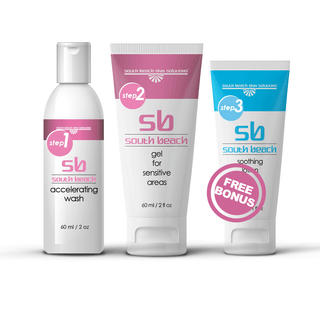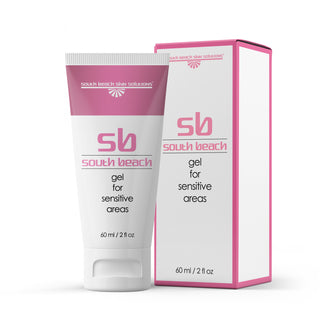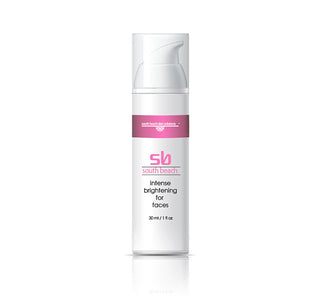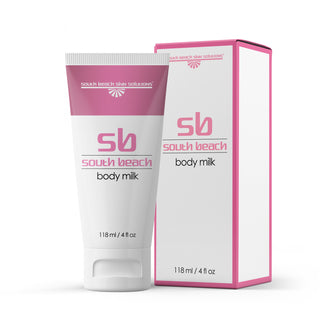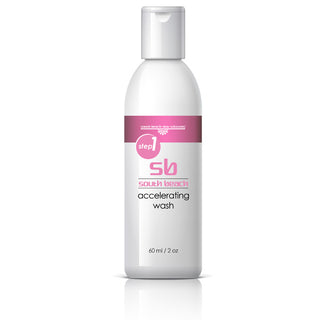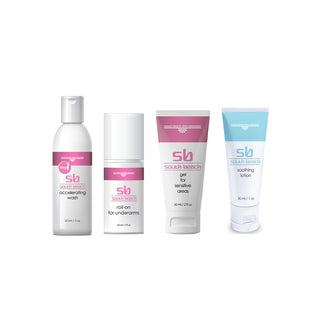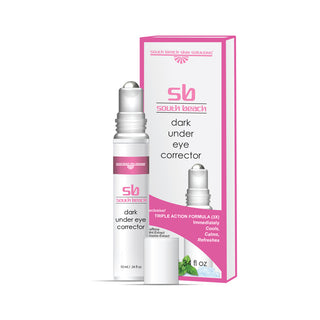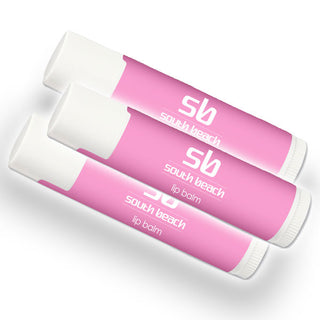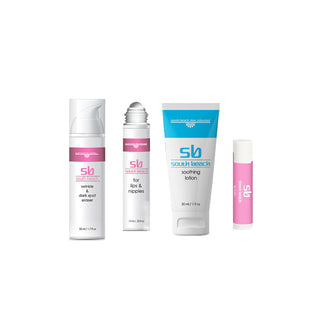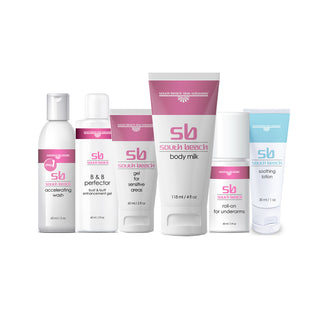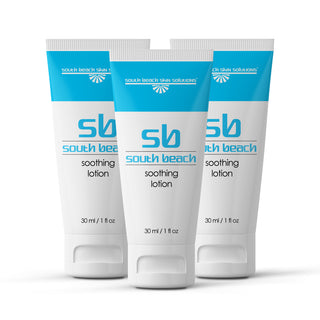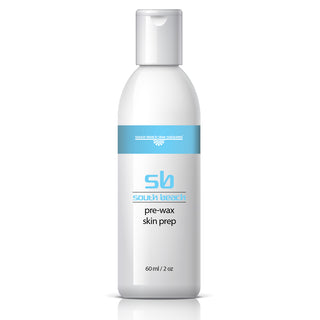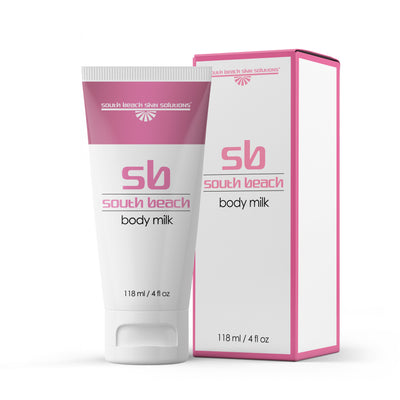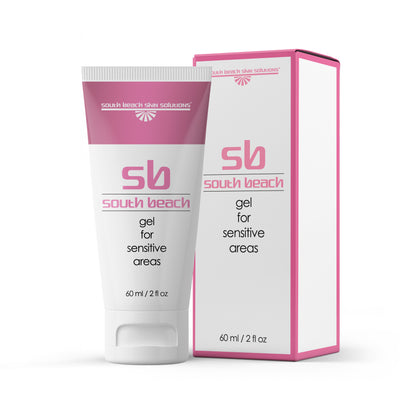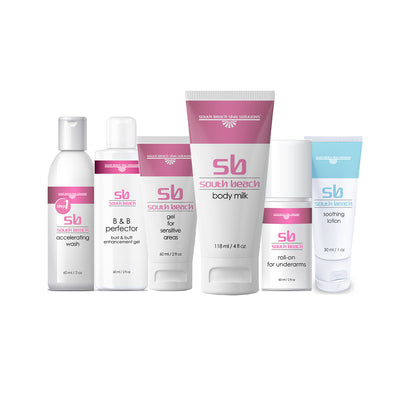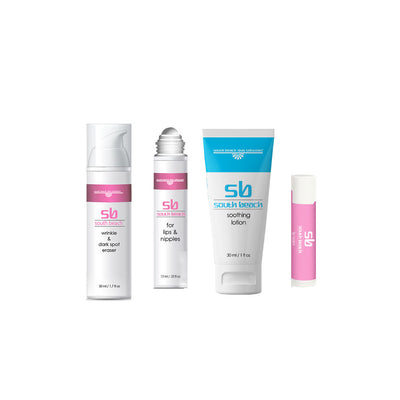Having healthy and glowing skin is something that many people aspire to. Our skin is not only the largest organ of our body but also the most visible one. Healthy skin not only looks good but also reflects overall good health. Proper skin care is essential to maintain optimal skin health and prevent long-term skin issues. In this article, we will explore five essential tips for achieving healthy, glowing skin. Read on to discover how you can take care of your skin and enjoy youthful and vibrant skin.
Tip 1: Sun Protection - The First Line of Defense for Healthy Skin
Sun protection is crucial for maintaining healthy and youthful skin. Prolonged exposure to the sun can cause wrinkles, age spots, and increase the risk of skin cancer. Here are some important guidelines for comprehensive sun protection:
Use Sunscreen
Choose a broad-spectrum sunscreen with a minimum sun protection factor (SPF) of 30 and apply it generously on all exposed areas of the skin. Make sure to apply it 15 minutes before sun exposure and reapply every two hours or more frequently if you are swimming or sweating.
Seek Shade
Avoid sun exposure during the peak hours of ultraviolet (UV) radiation between 10 a.m. and 4 p.m., when the sun's rays are strongest.
Wear Protective Clothing
Cover your skin with long-sleeved shirts, long pants, and wide-brimmed hats to protect yourself from the sun. Look for clothing with built-in UV protection or consider using laundry additives that add UV protection to your clothes. Proper sun protection is essential for preventing sun damage such as premature wrinkles and age spots. It also helps reduce the risk of skin cancer, which is the most common form of cancer in many countries.
Tip 2: Cleansing and Exfoliation - Keep Your Skin Clean and Free from Impurities
A proper cleansing and exfoliation routine is crucial for keeping the skin clean and free from impurities. Proper cleansing helps to remove excess oil, dirt, and makeup residues from the skin, preventing clogged pores and acne breakouts. In addition, regular exfoliation helps to remove dead skin cells, promoting cell regeneration and maintaining a radiant and smooth complexion. Here are some important guidelines for proper cleansing and exfoliation:
Daily Cleansing
Cleanse your skin twice a day, in the morning and at night, using a gentle cleanser that is suitable for your skin type. Avoid using harsh soaps or cleansers that can strip the skin of its natural oils.
Exfoliation
Exfoliate your skin 1-2 times a week using a gentle exfoliator or a chemical exfoliant that is suitable for your skin type. Avoid over-exfoliating, as it can cause skin irritation and dryness.
Makeup Removal
Make sure to remove all traces of makeup before going to bed, using a gentle makeup remover or a double cleansing method to ensure thorough removal of makeup residues from the skin. Proper cleansing and exfoliation are essential for keeping the skin clean, unclogged, and free from impurities, which helps to prevent acne breakouts and promotes a healthy and radiant complexion.
Tip 3: Moisturization - Keep Your Skin Hydrated and Nourished
Moisturization is crucial for maintaining healthy and hydrated skin. It helps to replenish the skin's moisture barrier, prevent moisture loss, and keep the skin soft and supple. Here are some important guidelines for proper moisturization:
Use a Moisturizer
Choose a moisturizer that is suitable for your skin type and apply it twicea day, in the morning and at night, after cleansing and toning your skin. Look for moisturizers that contain ingredients such as hyaluronic acid, ceramides, and glycerin, which help to lock in moisture and improve the skin's hydration levels.
Don't Forget the Eye Area
The skin around the eyes is thinner and more delicate than the rest of the face, making it more prone to dryness and fine lines. Use a separate eye cream or a moisturizer specifically formulated for the eye area to keep it hydrated and nourished.
Use a Humidifier
If you live in a dry environment or during the winter months when the air tends to be drier, consider using a humidifier in your home or office to add moisture to the air, which can help to keep your skin hydrated. Proper moisturization is essential for maintaining a healthy skin barrier, preventing dryness, and promoting a soft and supple complexion.
Tip 4: Healthy Lifestyle Habits - Nourish Your Skin from Within
A healthy lifestyle plays a significant role in the overall health and appearance of the skin. The food we eat, the amount of sleep we get, and our stress levels can all impact our skin's health. Here are some important healthy lifestyle habits that can nourish your skin from within:
Eat a Balanced Diet
A diet rich in fruits, vegetables, whole grains, lean proteins, and healthy fats can provide the necessary nutrients for healthy skin. Vitamins A, C, E, and D, as well as antioxidants and omega-3 fatty acids, are particularly beneficial for the skin.
Stay Hydrated
Drink plenty of water throughout the day to keep your skin hydrated from the inside out. Water helps to flush out toxins from the body, which can promote clearer skin.
Get Enough Sleep
Lack of sleep can lead to increased stress levels and inflammation in the body, which can negatively impact the skin. Aim for 7-8 hours of quality sleep every night to allow your skin to repair and rejuvenate.
Manage Stress
High levels of stress can trigger skin issues such as acne breakouts, eczema, and psoriasis. Practice stress management techniques such as exercise, meditation, and deep breathing to keep stress levels in check.
Avoid Smoking and Excessive Alcohol Consumption
Smoking and excessive alcohol consumption can damage the skin's collagen and elastin fibers, leading to premature aging, dullness, and uneven skin tone. Quit smoking and limit alcohol consumption to promote healthy skin. Healthy lifestyle habits play a crucial role in nourishing the skin from within, promoting overall skin health, and preventing skin issues.
Tip 5: Customized Skin Care Routine - Tailor Your Skin Care to Your Unique Needs
Every individual's skin is unique, and it's important to customize your skin care routine to your specific needs. Pay attention to your skin's needs and make adjustments to your skin care routine accordingly. Here are some important guidelines for creating a customized skin care routine:
Know Your Skin Type
Understanding your skin type is the first step in creating a customized skin care routine. Is your skin oily, dry, combination, or sensitive? Choose skin care products that are specifically formulated for your skin type to address its unique needs.
Address Skin Concerns
Do you have specific skin concerns such as acne, hyperpigmentation, or aging? Look for targeted treatments such as acne spot treatments, brightening serums, or anti-aging creams that can address these concerns.
Use Products with Active Ingredients
Look for skin care products that contain active ingredients such as retinol, vitamin C, niacinamide, and alpha-hydroxy acids (AHAs) that can provide specific benefits for your skin. These ingredients can help to improve skin texture, tone, and overall appearance when used consistently and according to the product instructions.
Don't Overdo It
While it's important to have a customized skin care routine, it's also crucial not to overdo it with too many products or harsh treatments. Over-exfoliating, using multiple products with strong active ingredients, or applying products too frequently can disrupt the skin's natural balance and lead to irritation, redness, and sensitivity. Follow the recommended usage instructions and listen to your skin's signals to avoid overloading your skin.



















